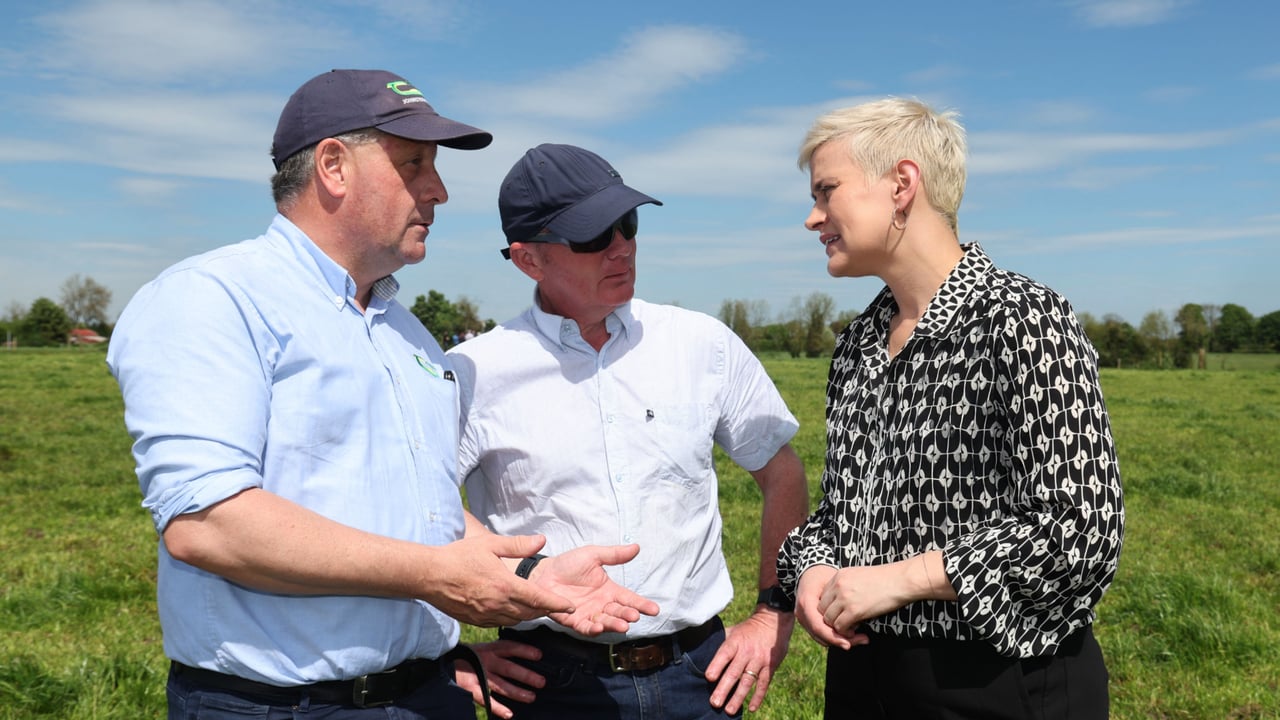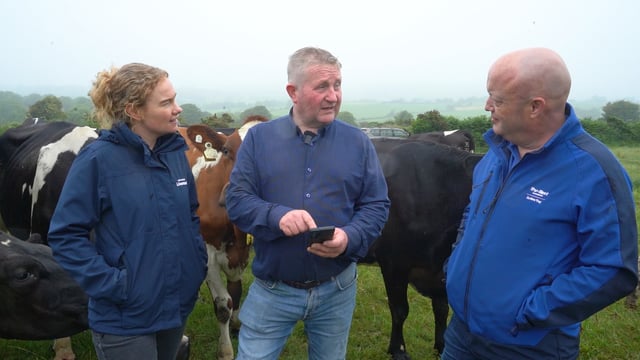MEP: New animal disease strategy 'needed' as infection rates rise
MEP Maria Walsh has called on the EU Commission for a new strategy for tackling animal disease given the rise of infection rates in countries across the EU, including Ireland.
Walsh, who is full member of the European Parliament’s Agriculture Committee, has called for the updated strategy to include particular reference to the "challenges faced" in Ireland and the "need for action" on both sides of the border.
“The rise of animal disease has the potential to ravage farms, and is emerging as one of the top agriculture concerns in the EU.
"From Germany’s recent first case of foot-and-mouth disease in nearly 40 years, to Slovakia and Hungary’s first case in 50 years, and the serious risks of infection spreading to Poland, Austria and the Czech Republic," Walsh said.
It is believed that the Department of Agriculture, Food and the Marine (DAFM) is concerned that the number of TB reactors could reach over 60,000.
According to figures previously published by DAFM, total exchequer spending on bovine TB soared to just over €100 million in 2024.
Walsh said that the disease strategy is "not fit for purpose" and that the fear of TB "hangs over the heads of thousands of farmers".
“Along with the logistical nightmare presented by TB, the financial costs associated with the loss of a herd can be devastating for family farmers. In 2021, direct costs of bovine TB were estimated at €105 million," Walsh said.
“I have met with farm organisations and vets both in Ireland and Northern Ireland and their message is clear; eradication efforts take serious control measures and proper funding.
"I also met a group of 25 Irish farmers with the Irish Farmers Association (IFA) in Brussels this week and they shared similar concerns," Walsh said.
“However, as it currently stands, Ireland is not receiving any EU funding for animal disease eradication programmes," the MEP added.
Walsh has asked the Commissioner for Health and Animal Welfare, Oliver Varhelyi, what kind of support he envisages for eradication for countries faced with outbreaks of animal diseases on their farms.





